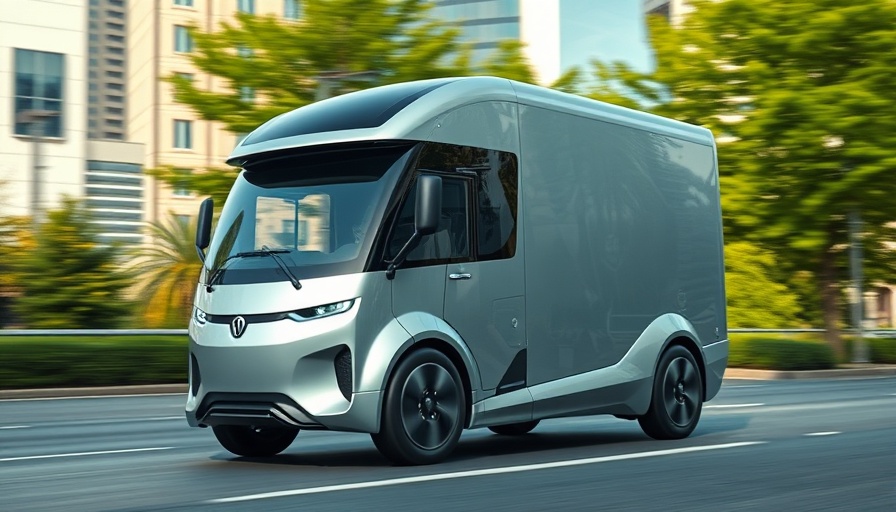
2024 European Automotive Market: Resilience Amidst Challenges
The year 2024 proved to be a challenging one for Europe’s automotive sector, characterized by rising costs and fluctuating consumer demand. Despite the difficult market dynamics, the situation isn't as dire as one might think. While major OEMs brace for tougher times ahead, there’s an underlying steady optimism fueled by strategic adaptations and market resilience.
Understanding the Context: What Happened in 2024?
Throughout 2024, European automakers contended with escalating production costs driven by supply chain disruptions and energy price fluctuations. This compounded pressure resulted in a decrease in consumer purchasing power, leading to softer demand in the car market. However, it's noteworthy that this wasn’t a disaster; the industry displayed surprising resilience, with companies refining their operations to better align with shifting consumer preferences.
Comparative Insights: A Global Perspective
While the European sector faced its unique hurdles, examining other markets reveals contrasts in recovery trajectories. The automotive industry in North America, for instance, has encountered its own set of adversities. Still, a vigorous demand for electric vehicles (EVs) has buoyed sales in many segments, providing a stark difference to Europe's more conservative market. This comparison underscores the different strategies OEMs will need to adopt to thrive in the reshaping automotive landscape.
Future Predictions for the European Market
Looking ahead to 2025 and beyond, OEMs anticipate continued cost challenges and a likelihood of restrained consumer demand. Automotive leaders stressing the importance of agility and adaptability are exploring avenues to enhance their product offerings, including increased investments in electric vehicles and connected technologies. The drive toward innovative auto salesman training will be critical to equip dealership staff with the skills necessary to navigate these transitions smoothly.
The Role of Training and Skill Development
As automotive brands pivot towards new technologies and consumer patterns, enhancing training for auto sales teams becomes a priority. Auto sales training programs focused on EVs and connected vehicles can empower salespeople with the expertise they need to convey the value of the latest innovations to potential buyers.
Taking Action: Strategies for Dealerships
For dealerships facing the evolving landscape, investing in comprehensive car sales training is vital. Not only does this equip staff with the knowledge to sell newer vehicle models, but it also improves customer satisfaction and retention in a fluctuating market. Training programs that focus on the transitions to electric models or the integration of digital tools can significantly enhance dealership performance.
Conclusion: Embracing Change for Future Success
The 2024 automotive sales landscape presented challenges that required creative solutions and strategic thinking. As the industry heads into 2025, dealerships that prioritize the training of their sales force will be best positioned to adapt and thrive. Embracing these changes can turn potential obstacles into opportunities for growth.
 Add Row
Add Row  Add
Add 




Write A Comment